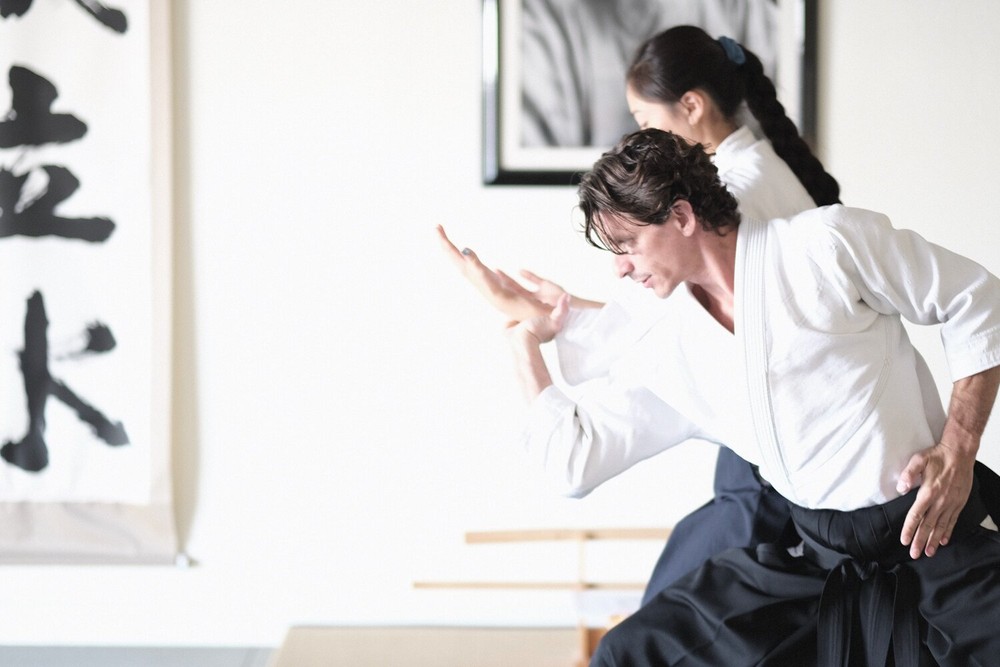What if there was a discipline that taught its students how to be effective leaders? You know those who can deal with problems and obstacles without getting frustrated or stressed. They look for various solutions, including creative ones, and they do their best to make sure that, even when reaching the best desirable outcome, no one in the group gets hurt in some way.
Well, there is such a discipline: aikido. Known as “the art of peace”, aikido’s aim is to find peaceful ways to resolve conflict, if it doesn’t stop conflict from escalating in the first place. But what does this martial art teach us about leadership? Let’s take a look.
The Nature of Aikido
Ueshiba Morihei studied multiple forms of martial arts before founding aikido in the early 20th century. He taught discipline as a way to cultivate harmony, urging students to look past the concepts of winning and losing and find, instead, a new one where mutual benefit was more desirable.
Just because this discipline emphasises harmony, however, it doesn’t mean that practitioners are taught to avoid conflict. In fact, they’re taught to address it directly rather than run away, but to address it in a way where they keep it from worsening. The best possible outcome for an aikido practitioner is one where both they and their opponent walk away unhurt.
Aikido and Leadership
So if aikido is about resolving conflicts as peacefully as possible and keeping all parties involved from getting hurt, how does it relate to leadership, and what can it tell us about the same?
The truth is, even if you’re a beginner and all you’ve learned are aikido basic moves, you may eventually realise that the principles can be applied not just to physical training, but all aspects of your life, from personal relationships to the workplace.
For instance, striving for an outcome where everyone benefits is something any leader will want to do so all team members will want to work towards that outcome. Those in leadership roles will likewise need to learn how to come up with practical solutions that will allow them and their team to tackle obstacles head-on instead of using force and getting frustrated in the process.
Finally, and perhaps the most important, aikido practitioners eventually learn that the discipline is one of lifelong study and there’s always something new to learn.
Effective leaders are the same in that they’re not the ones who apparently know everything. Rather, they’re the ones who admit there are things they don’t know and are open to exploring new avenues with those they’re guiding or leading. They’re the ones who aren’t afraid to try something novel even if it might lead to failure because they understand that it’s fine to make mistakes.
If you like how these principles sound and want to begin your study of aikido so you can learn more about them and eventually apply them to your own life, check out this page for more.





